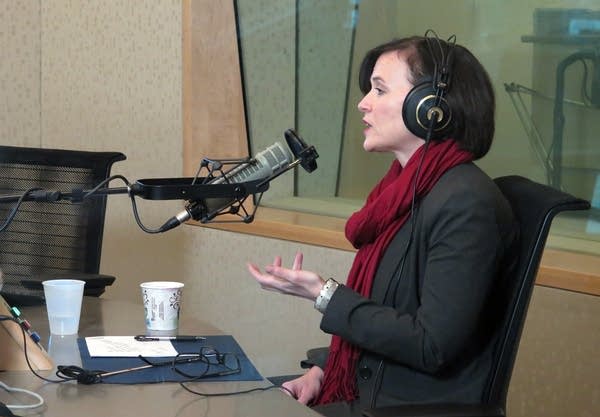Paid sick leave becomes focus in Mpls after 'fair scheduling' effort stumbles

Minneapolis Mayor Betsy Hodges on KNOW.
File | Regina McCombs / MPR News
Go Deeper.
Create an account or log in to save stories.
Like this?
Thanks for liking this story! We have added it to a list of your favorite stories.


